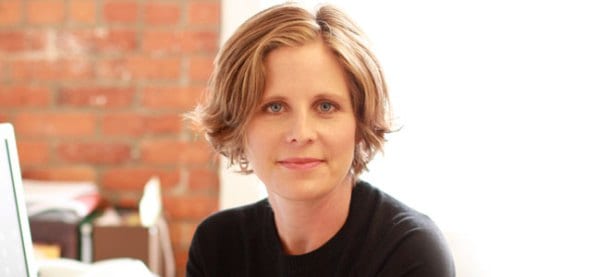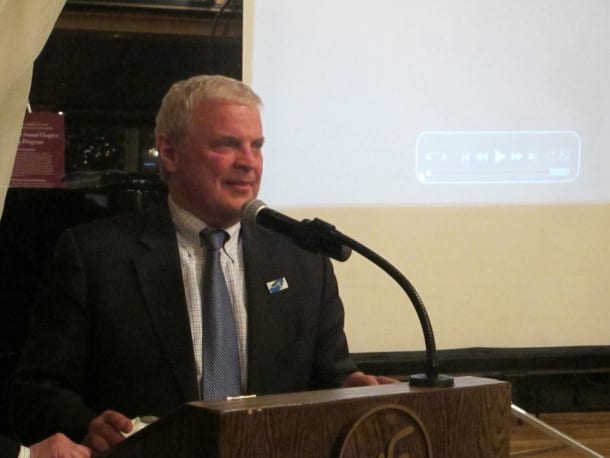By Kate Miller
The purpose of an informational interview is to talk with a professional who is working for a company or in an industry that you are interested in working in. This interview takes place either in-person or virtually. It may seem daunting or weird, but I can tell you from my experience that informational interviews have been the most important thing I have done throughout my internship and job search.
Informational interviews have been valuable because they have required me to get all of my ducks in a row, find some courage, be as professional as possible and ask a stranger for career advice. While the wording of an introductory informational interview email request may differ from person to person, most professionals and students know the parameters. You are simply trying to learn about what the professional does for a living. I promise, informational interviews become easier once you get the first one over with.
Reach Out
The first step to landing an informational interview is to reach out. As a student at the University of Oregon you have so many connections at your fingertips and alumni want to talk to you. So have courage, be professional and reach out. Be aware that professionals are busy so be considerate and grateful for their time and expertise. In my experience, professionals love sharing about their job and you being interested in what they do is exciting for them.
The first professional I reached out to was a woman at Edelman in New York. Edelman is a place I hope to work for one day and speaking with an alumnus about her experience helped me understand what it took to get there and provided me with a connection at Edelman when I was applying for their internship program. Networking has been most helpful while pursuing an internship and a strategy I will continue to use to one day find a job. In my opinion, PR is about three things: connecting, storytelling and strategy. The more connections you have the better.
Do Your Research
As a young professional, you need to show the person you are speaking with that you have done your research. You want to know what they have done in their career, how they got there and have some quality questions to ask. They are taking time that could be spent working to speak with you, so be prepared. The questions you ask should show that you are intentional and curious.
Send a Thank You Card
This is key. After the vast amount of knowledge, you have obtained from this professional, send a thank you card. It makes all the difference. It makes people happy to receive a handwritten thank you card and shows the professional that you appreciate the specific things you discussed with them and how much it has helped you.
Networking is essential and after your first informational interview, it will be way less scary. I personally love the insight and connections informational interviews provide me with professionals and I encourage you to take every opportunity that you can. It has led me to internship opportunities and has given me insight on where I would like to potentially work in the future.










